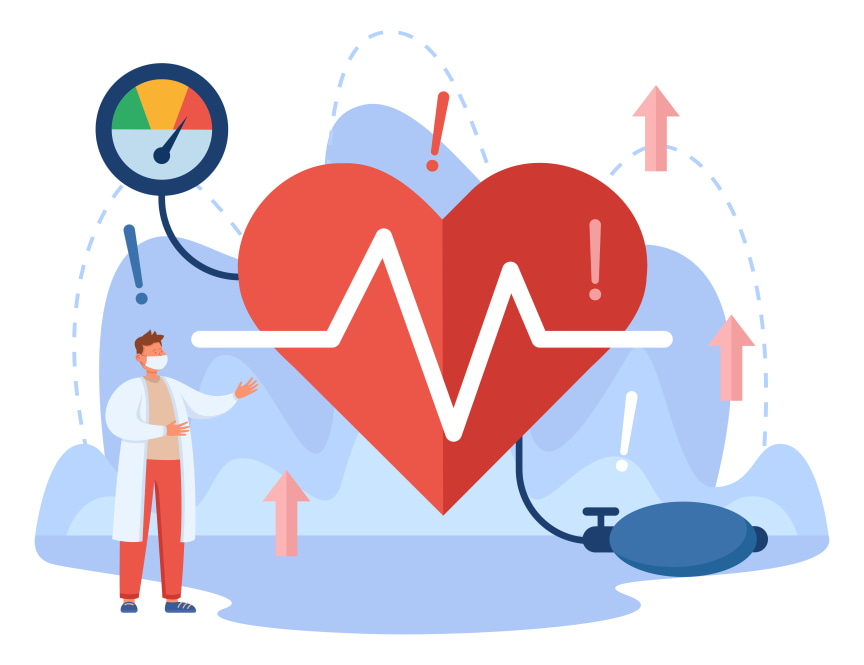Learn why leading HR professionals trust ekincare! Explore Now

Sugar, that tantalizingly sweet delight, has nestled itself into our daily lives. From the spoonful in our morning coffee to the sugary treats that tempt us, it's hard to escape its allure. But behind its charming taste lies a complex relationship with our bodies. In this article, we'll embark on a journey through the intricate interplay between sugar and our physiology, touching upon the pressing topic of diabetes—an ever-growing concern that deserves attention.
The Sweet Symphony of Sugar
Scientifically known as sucrose, sugar comprises glucose and fructose molecules. It's naturally present in fruits, vegetables, and dairy, while also making its way into an array of processed foods and beverages. Beyond its ability to delight our taste buds, sugar acts as a rapid energy source for our cells. However, as with most things in life, moderation is crucial, as excessive consumption can lead to significant health repercussions.
From Spikes to Crashes: Navigating the Sugar Rollercoaster
When sugar enters our system, it swiftly raises blood glucose levels, ushering in the much-talked-about "sugar rush." This burst of energy is accompanied by feelings of vitality and alertness. Yet, this euphoria is short-lived. The body responds by releasing insulin—a hormone produced by the pancreas—that ushers glucose from the bloodstream into cells for either energy or storage. This process paves the way for a subsequent drop in blood sugar levels, ushering in the dreaded "sugar crash." These fluctuations can manifest as fatigue, irritability, and intense cravings for more sugar, creating a cycle that keeps us yearning for that next sugary fix.
Navigating the Perils of Excessive Sugar Consumption
While moderate sugar consumption is generally considered safe, overindulgence can give rise to a range of health problems, including obesity, heart disease, dental issues, and, notably, diabetes.
The Weighty Issue: Sugar and Obesity
Perhaps one of the most concerning aspects of excessive sugar intake is its link to obesity. When we consume more sugar than our bodies can effectively utilize, the excess is stored as fat. Additionally, diets rich in added sugars can contribute to metabolic syndrome—a cluster of risk factors including abdominal obesity, high blood pressure, and abnormal lipid levels—which substantially increases the risk of heart disease and, specifically for our discussion, type 2 diabetes.

The Heart of the Matter: Sugar and Cardiovascular Health
The consequences of sugar extend to cardiovascular well-being. Diets high in added sugars have been associated with elevated triglyceride levels and reduced levels of high-density lipoprotein (HDL) cholesterol. This imbalance in the lipid profile contributes to atherosclerosis—a condition characterized by the narrowing and hardening of arteries—escalating the likelihood of heart attacks and strokes.

Dental Health in the Spotlight: Sugar and Oral Well-being
The link between sugar and dental cavities is well-established. The oral bacteria feast on sugars, producing acids that erode tooth enamel and give rise to cavities. Regular consumption of sugary foods and beverages provides these bacteria with an ongoing source of nourishment, increasing the risk of tooth decay. Adhering to proper oral hygiene practices and mindful sugar consumption is essential for maintaining healthy teeth and gums.

Diabetes: The Intricate Dance of Sugar and Insulin
Diabetes, a chronic metabolic disorder, centers around the body's inability to regulate blood sugar effectively. There are two primary types: type 1 and type 2 diabetes.
Type 1 Diabetes: Beyond Sugar
Type 1 diabetes is an autoimmune condition where the immune system attacks and destroys insulin-producing cells within the pancreas. This results in insufficient insulin production, necessitating lifelong insulin administration. While genetic and environmental factors contribute to its development, sugar consumption itself is not a direct cause of type 1 diabetes.
Type 2 Diabetes: Lifestyle Connections
Type 2 diabetes, which accounts for the majority of diabetes cases, is closely intertwined with lifestyle factors. Excessive sugar consumption, particularly from sugary drinks and processed foods, has been linked to an increased risk of developing type 2 diabetes. When cells become resistant to insulin or the pancreas doesn't produce enough insulin, blood sugar levels rise, setting the stage for diabetes.
Managing Diabetes: Striking the Balance
For individuals managing diabetes, maintaining blood sugar levels within a healthy range is paramount. Diet plays a pivotal role in achieving this goal. Monitoring carbohydrate intake, including sugars, is crucial to prevent erratic blood sugar spikes. Opting for complex carbohydrates, whole grains, fruits, and vegetables over sugary indulgences can help stabilize blood sugar levels. Regular physical activity and, when necessary, medications, are integral components of diabetes management.

In Conclusion: Navigating the Path to Wellness
Sugar's allure is undeniable, yet its potential consequences on health call for a thoughtful approach. Awareness of its effects empowers us to make informed dietary choices that prioritize our well-being. In the realm of diabetes, understanding the intricate interplay between sugar, insulin, and blood sugar levels is crucial. By embracing a balanced diet, staying active, and working closely with healthcare professionals, individuals can effectively manage diabetes and mitigate its complications. While sugar might add sweetness to life's moments, moderation and mindfulness are key to enjoying its pleasures without compromising our health.
Learn how your organisation can get the best employee health and well-being experience with ekincare`s commitment to quality.